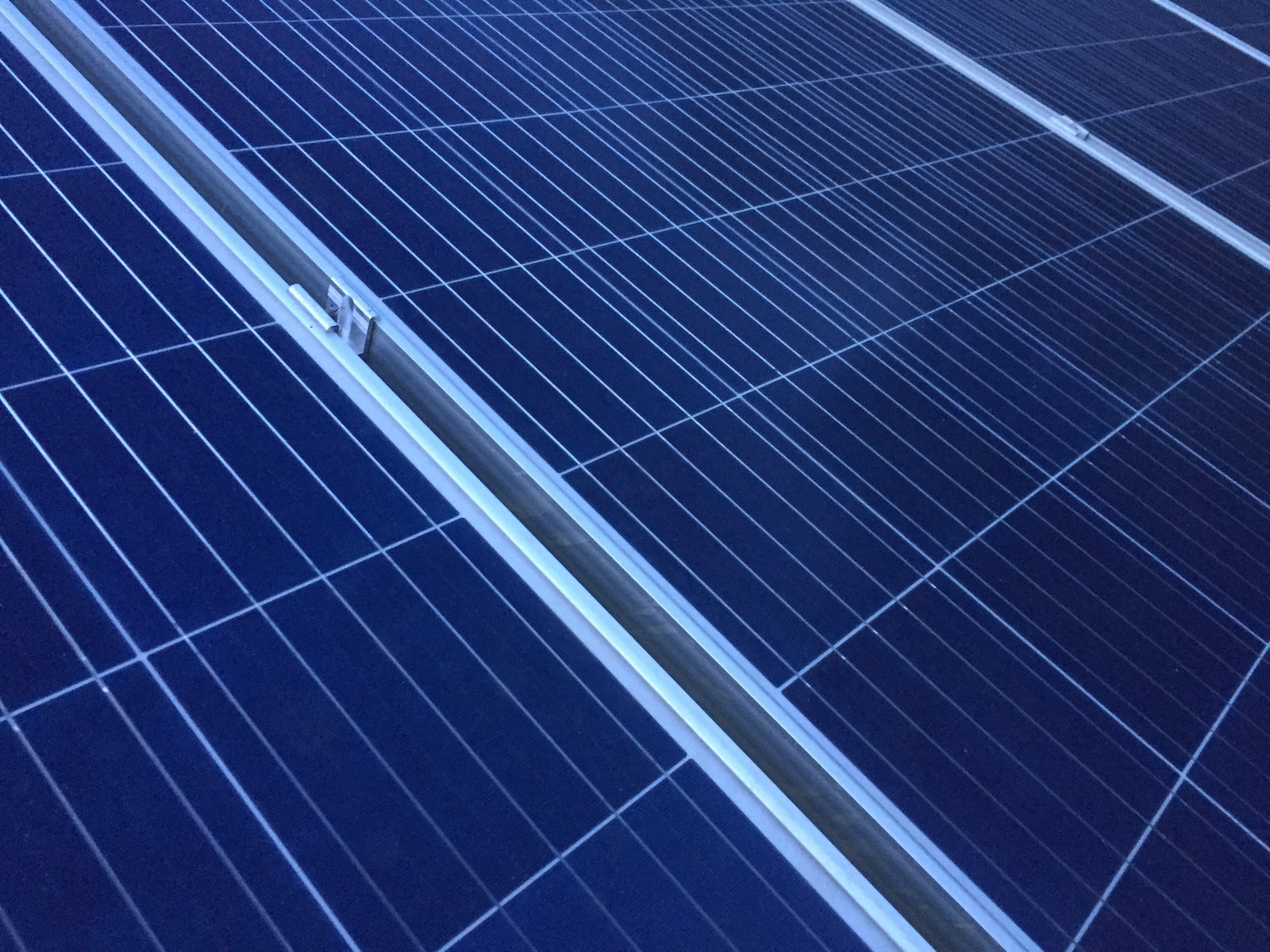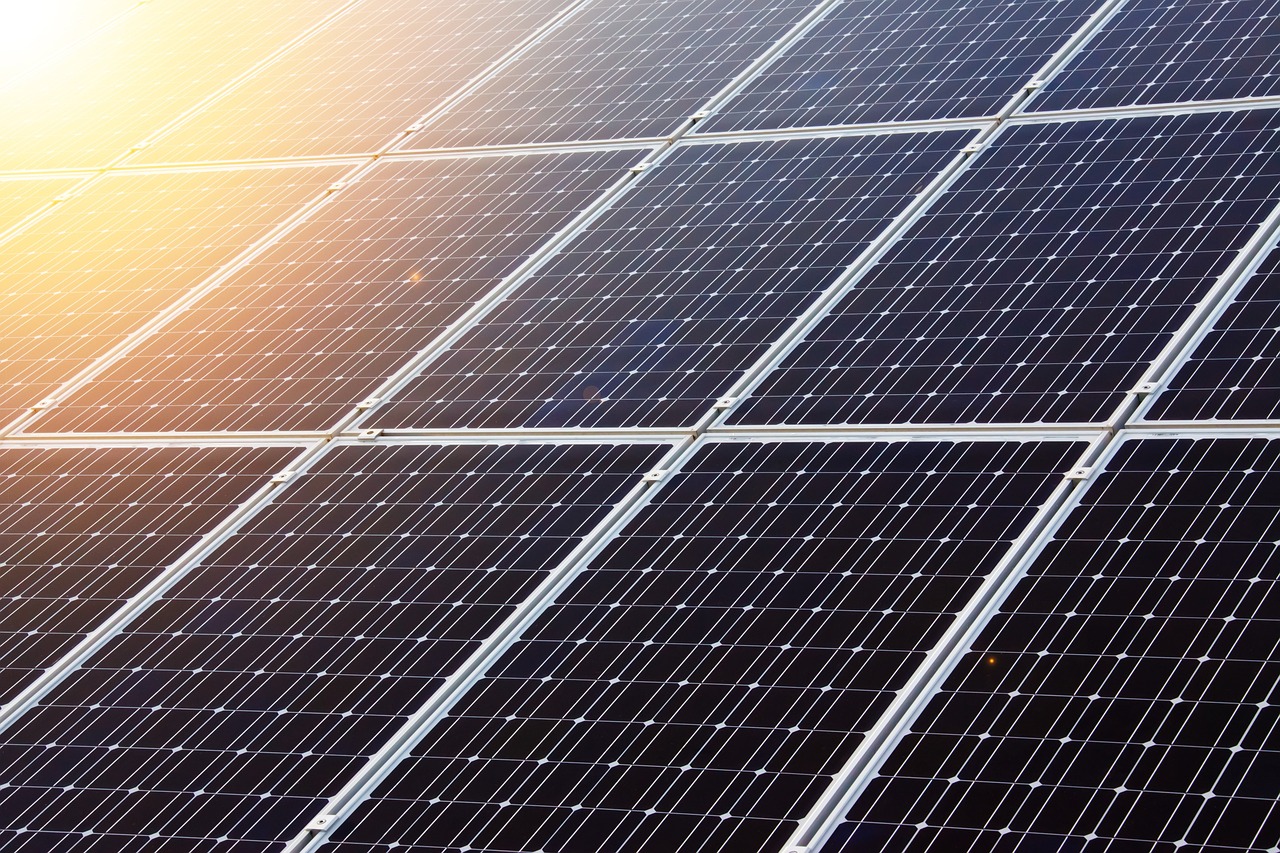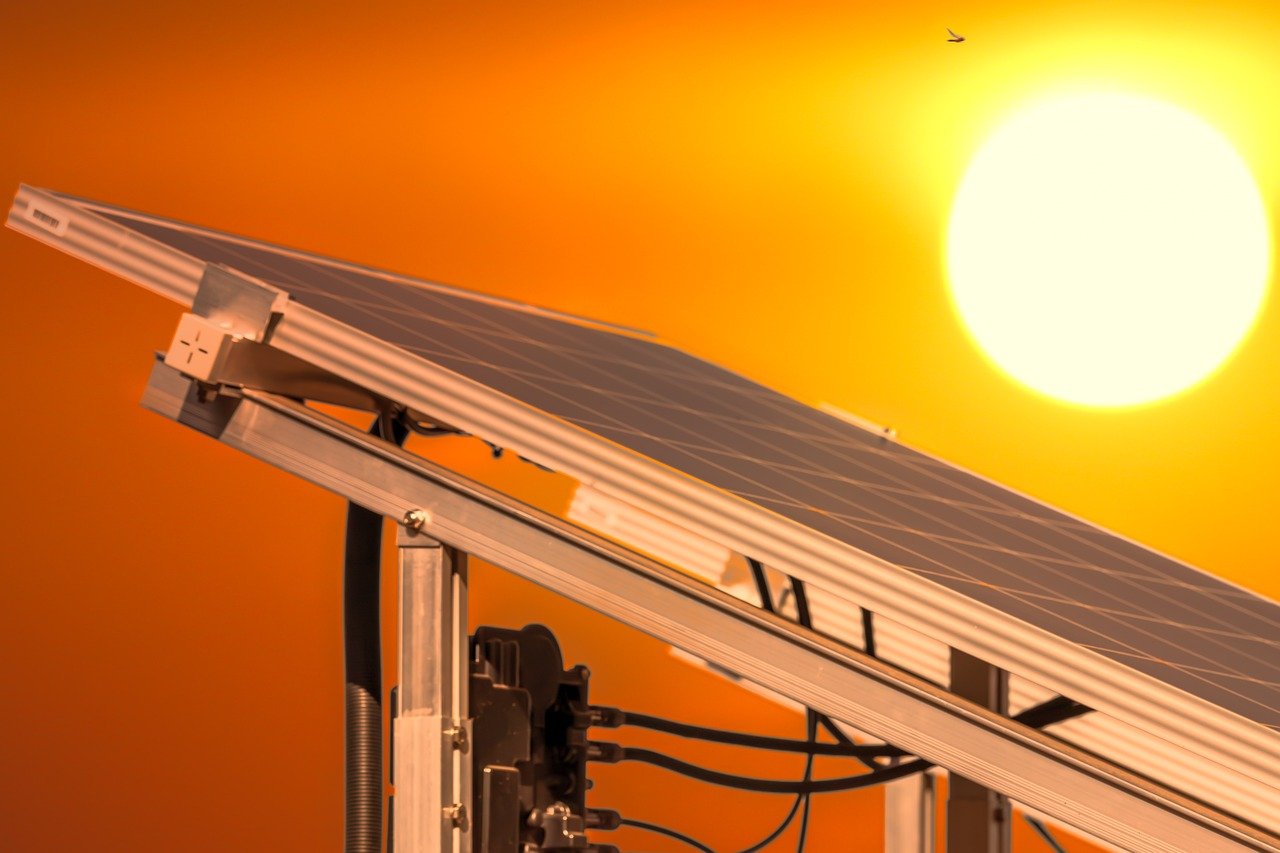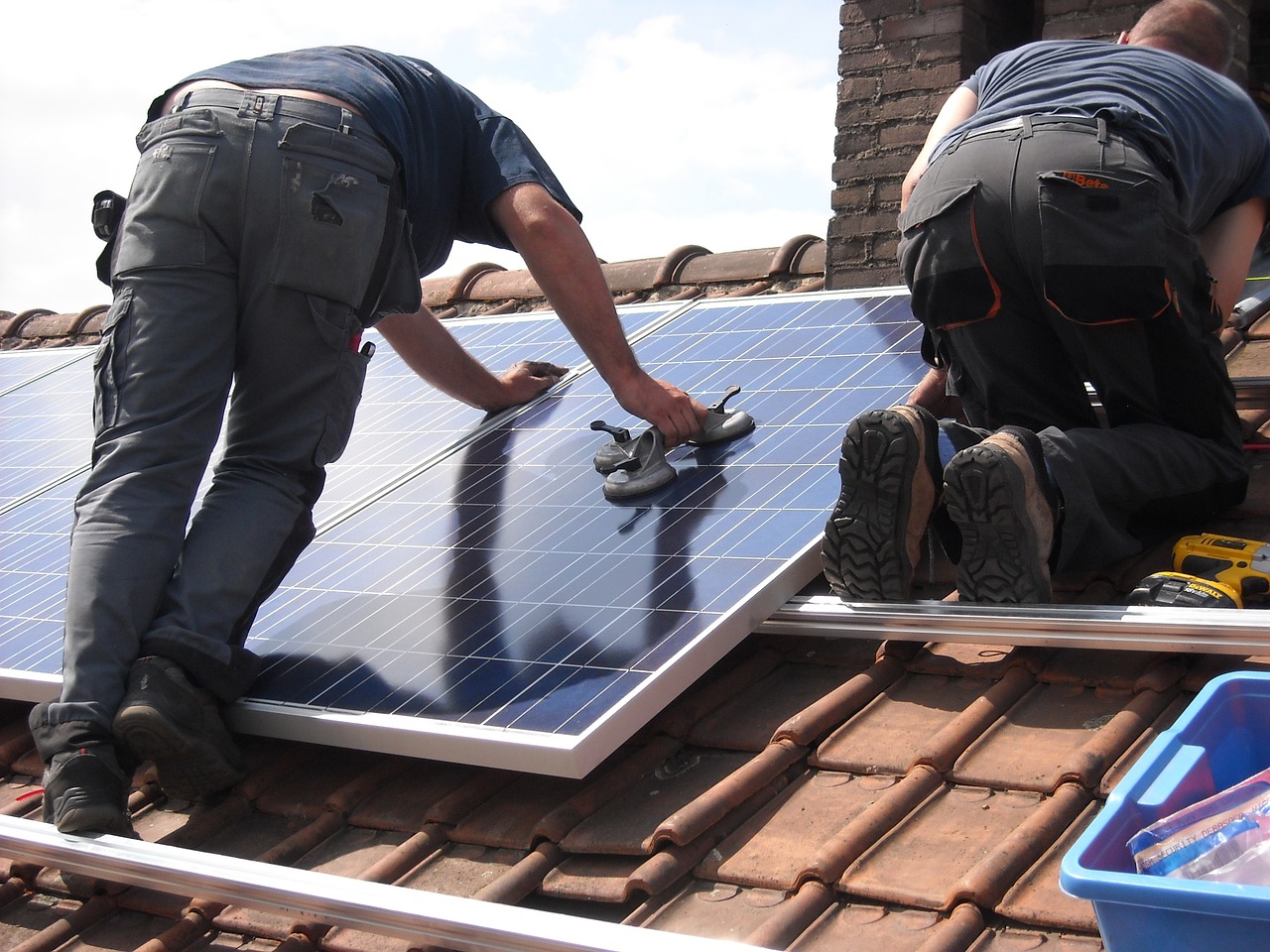Key Takeaway: A 100W solar panel refers to its maximum power output under ideal conditions. Understanding the power output of a solar panel is crucial when considering its applications and determining its suitability for your needs.
Solar power is a rapidly growing field in renewable energy, offering a clean and sustainable way to generate electricity. One of the key components of a solar power system is the solar panel. Solar panels harness sunlight and convert it into usable electricity through a process known as the photovoltaic effect. If you’re exploring the world of solar energy, you may have come across the term “100W solar panel.” But what exactly does it mean? Let’s dive into it.
Solar Panels and Their Functionality:
Solar panels are devices made up of photovoltaic cells that absorb sunlight and convert it into electricity. These cells are typically made of silicon, a semiconductor material that allows the conversion process to occur. When sunlight hits the solar panel, the photons in the light excite the electrons in the silicon, creating an electric current. This direct current (DC) is then converted into alternating current (AC) by an inverter, making it suitable for use in homes and businesses.
Power Output and Wattage:
The power output of a solar panel is a crucial factor to consider when evaluating its performance and potential applications. Power output is measured in watts (W), and it represents the maximum amount of electricity a solar panel can produce under ideal conditions. A 100W solar panel, therefore, has a maximum power output of 100 watts.
It’s important to note that the power output of a solar panel can vary depending on several factors, such as sunlight intensity, temperature, shading, and the angle of installation. These factors can impact the actual power output of the panel, so it’s essential to consider them when designing a solar power system.
Factors Affecting Power Output:
- Sunlight Intensity: The intensity of sunlight directly affects the power output of a solar panel. Solar panels operate most efficiently when exposed to direct sunlight. Cloudy or overcast days can reduce the panel’s power output.
- Temperature: Solar panels can experience a decrease in efficiency as temperatures rise. The hotter the panel becomes, the lower its power output. This is why it’s important to consider ventilation and airflow when installing solar panels.
- Shading: Obstructions such as trees, buildings, or nearby structures can cast shadows on solar panels, reducing their power output. It’s crucial to ensure that the panels are installed in a location with minimal shading throughout the day.
- Angle of Installation: The angle at which solar panels are installed plays a role in their power output. The optimal angle varies depending on the geographical location. Adjusting the panel’s tilt to match the latitude of the installation site can maximize power production.
Applications of a 100W Solar Panel:
A 100W solar panel may not be the most powerful option available, but it still has a range of useful applications. Here are a few examples:
- Charging Small Electronic Devices: A 100W solar panel can be used to charge smartphones, tablets, laptops, and other small electronic devices. It provides a convenient and sustainable way to keep your devices powered up, especially when you’re on the go or in areas without access to electricity.
- Powering Outdoor Lighting: If you have outdoor lighting in your garden or patio, a 100W solar panel can be an excellent option to power these lights. It eliminates the need for running electrical wiring and allows you to have well-lit outdoor spaces without increasing your energy bills.
- Supplementing Energy Needs in Remote Areas: In remote areas where access to the electrical grid is limited, a 100W solar panel can provide a reliable source of electricity. It can be used to power small appliances, lights, or even a small off-grid cabin. This promotes energy independence and reduces reliance on fossil fuels.
- Education and DIY Projects: A 100W solar panel can be a valuable tool for educational purposes or DIY projects. It allows individuals to learn about solar energy and experiment with small-scale power generation. It’s a great way to engage in hands-on learning and explore the possibilities of renewable energy.
Installation and Maintenance:
Installing a 100W solar panel is relatively straightforward, but it’s essential to follow some guidelines to ensure optimal performance:
- Mounting: The solar panel should be mounted on a stable and secure structure, such as a roof or a ground-mounted rack. Make sure to position it in a location that receives maximum sunlight throughout the day, free from shading.
- Wiring: Connect the solar panel to a charge controller, which regulates the flow of electricity to prevent overcharging the batteries. From the charge controller, the power can be directed to the desired application or stored in batteries for later use.
- Cleaning: Regularly clean the surface of the solar panel to remove any dirt, dust, or debris that may reduce its efficiency. Use a soft cloth or sponge and a mild detergent if necessary. Avoid using abrasive materials or harsh chemicals that could damage the panel.
- Monitoring: Keep an eye on the power output of the solar panel using a monitoring system, if available. This allows you to track its performance and identify any potential issues that may arise.
FAQs:
Q: Can a 100W solar panel power an entire house?
A: While a 100W solar panel can provide electricity, it is typically not sufficient to power an entire house. The power requirements of a household are much higher, and larger solar panel systems are needed for such applications.
Q: How many devices can a 100W solar panel charge?
A: The number of devices a 100W solar panel can charge depends on the power consumption of the devices. Smaller devices like smartphones or tablets consume less power, allowing the panel to charge multiple devices simultaneously. However, larger devices like laptops or televisions may consume more power and require additional solar panels.
Conclusion:
Understanding the power output of a solar panel, such as a 100W solar panel, is crucial when considering its applications and determining its suitability for your needs. While it may not be the most powerful option available, a 100W solar panel can still provide a reliable and sustainable source of electricity for a variety of purposes. Whether you’re looking to charge small electronic devices, power outdoor lighting, or supplement energy needs in remote areas, a 100W solar panel can be a valuable addition to your renewable energy setup. So, go ahead and harness the power of the sun!



